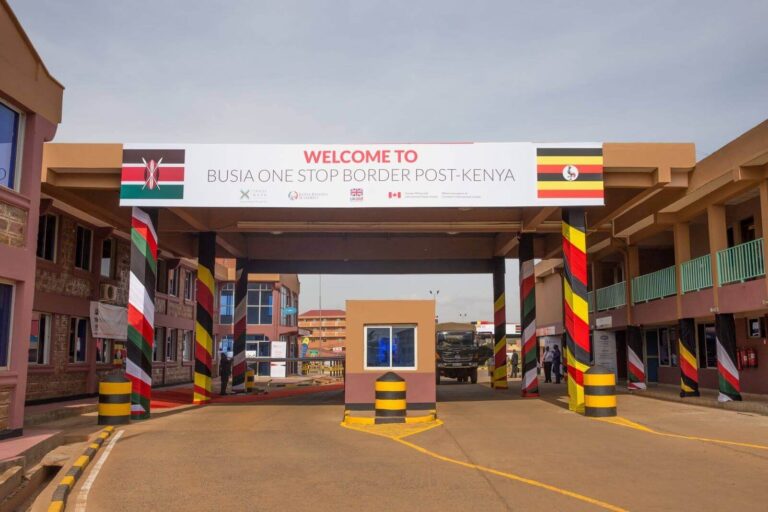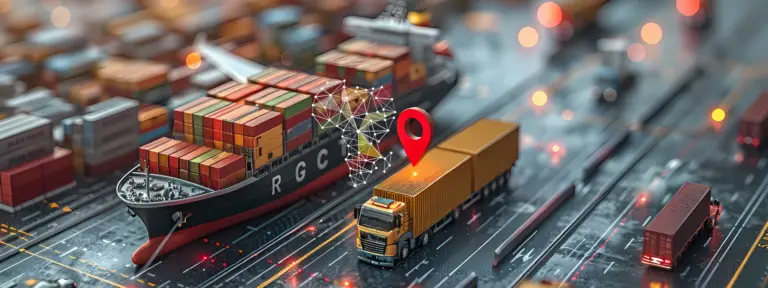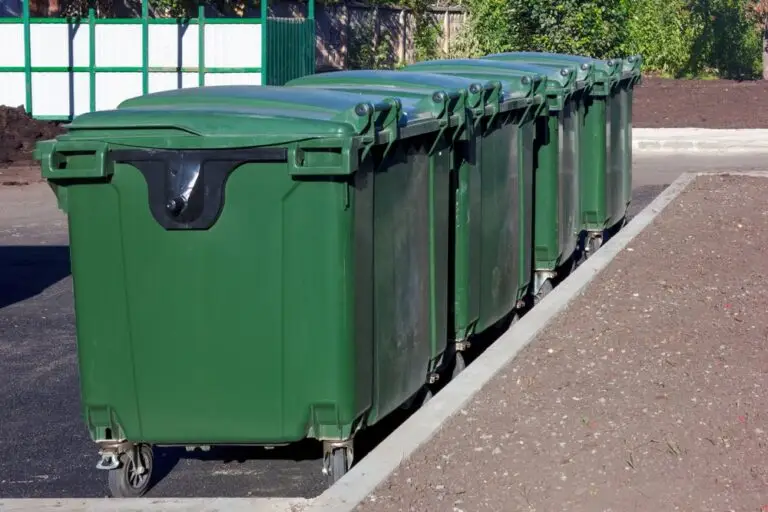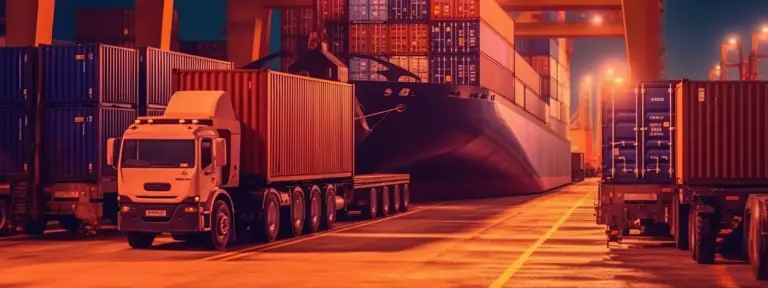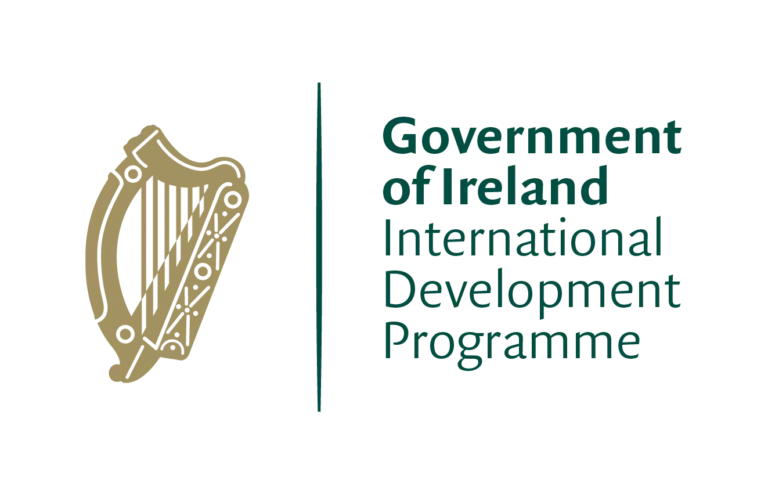TMA’s mission is to help generate increased trade in Eastern Africa by promoting rapid advances in the trade competitiveness of the region. In pursuit of this goal, TMA recognises the need to do this in a sustainable and inclusive manner. TMA aims to ensure that environmental and social considerations are embedded in the implementation of its programmes. This is to ensure that neither the environment nor communities are affected or harmed by our programmes. In addition, the inclusion of vulnerable groups such as women, people with disability and the economically impoverished is a critical component of TMA’s work.
To this end, TMA has adopted 10 Environment and Social Standards (ESSs) that will enable effective safeguarding processes. The standards are comprehensive and seek to address critical issues that may occur as a result of development interventions. The first standard focuses on the detailed assessment of environmental, climate change and social risks and impacts as early as possible during the commencement of a programme life cycle. The assessment includes the review of the other ESSs to check their applicability The TMA Environment and Social Standards include and provide mitigation measures where necessary. Opportunities to strengthen the environmental and social sustainability of projects are also expected to be identified and realised. TMA is committed to providing effective monitoring and supervision of the agreed management measures identified in the environmental and social risks and impacts assessment.
TMA expects that all involved in programme implementation, including partner agencies, contractors and consultants, are committed to comply with and enforce the relevant standards and mitigation measures identified. In its own internal operations, TMA also aims to uphold the highest social standards and will ensure that strong measures are taken to prevent, report and deal with cases of sexual abuse and exploitation in the workplace and in the communities in which the organisation operates.
TMA also recognises that stakeholder engagement is a key ingredient in the successful implementation of programmes. Communication and consultation with stakeholders therefore plays a significant role in providing project information and gaining feedback from relevant stakeholders. TMA’s environment and social policy was revised in 2017 and the procedures for safeguarding have since been enhanced. It is envisioned that positive sustainable development will be achieved in all TMA programmes with negative risks being mitigated and opportunities enhanced.



CASE STUDIES
CASE STUDIES
CASE STUDIES





